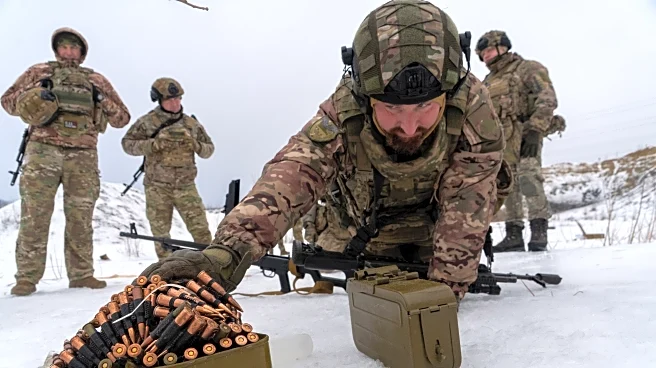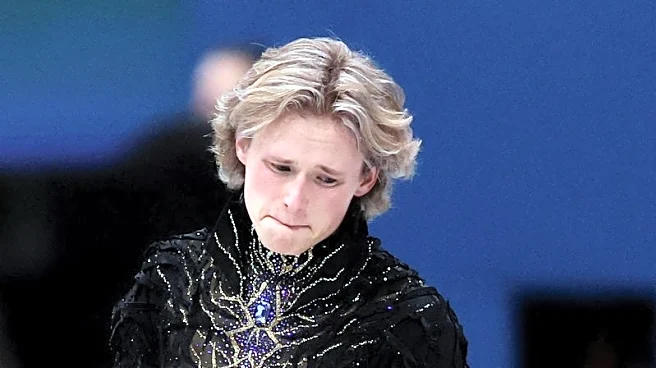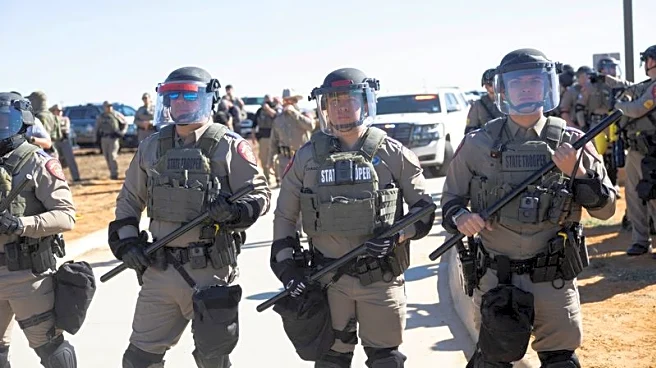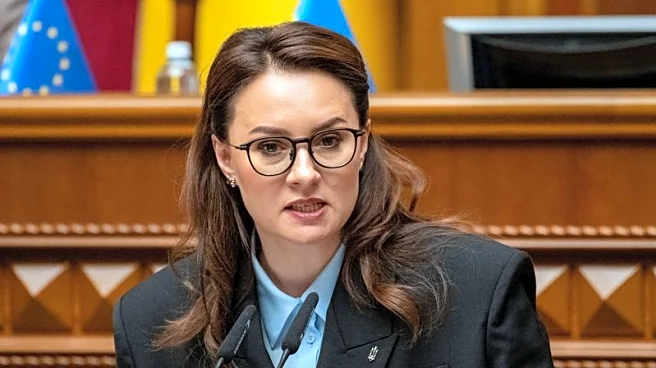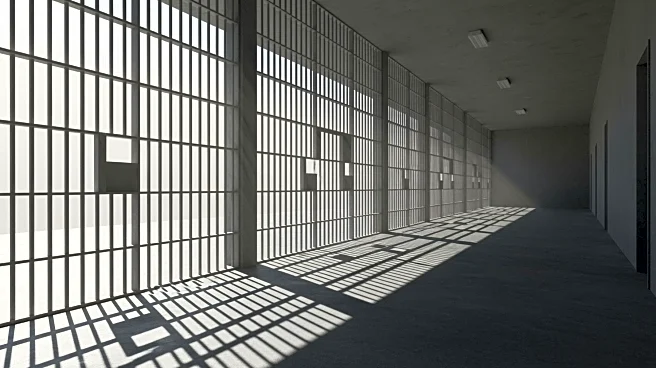ROME (AP) — Pope Leo XIV is planning to visit Lebanon this year on his first foreign visit, the country’s Catholic cardinal said, a trip that would give history's first American pope a chance to speak
in broad terms about peace in the Middle East and the plight of Christians there.
A visit to Lebanon could be the second leg of a planned visit to Turkey at the end of November to commemorate an important anniversary with the Orthodox Church.
Cardinal Béchara Boutros Raï, the patriarch of the Lebanese Maronite faithful, told the Saudi-owned Al-Arabiya TV that Leo “will visit Lebanon.”
“It’s unclear to be honest when he will visit, but he will visit anytime from now until December,” the cardinal said when asked about a possible visit. “There needs to be an agreement from the Vatican on when the visit will happen. But there are preparations for the visit, but it’s unclear until the Vatican’s announcement.”
Leo, like his predecessor Pope Francis, has consistently called for peace and dialogue in the Middle East, especially as Israel’s offensive rages on in Gaza.
The last pope to visit Lebanon was Pope Benedict XVI in September 2012 on what was the last foreign trip of his papacy.
A Vatican spokesperson on Thursday declined to confirm or deny a trip by Leo. But word of papal trips usually originates with the local church that will host the pope.
Pope Francis, who died on April 21, had long hoped to visit Lebanon, but the country’s political and economic instability prevented a visit during his lifetime.
The Mediterranean nation of around 6 million, including more than 1 million Syrian and Palestinian refugees, has the largest percentage of Christians in the Middle East and is the only Arab country with a Christian head of state.
However, the Vatican fears the country’s instability has been particularly dangerous for the continued presence of its Christian community, a bulwark for the church in the Mideast.
Lebanon is currently struggling to recover after years of economic crisis and a bruising war between Israel and the Lebanese militant group Hezbollah that ended with a U.S. and France-brokered ceasefire in November. Formation of a new, reformist government in November ended a two-year political vacuum and brought hopes of recovery but the situation remains tense.
Israel has continued to occupy five strategic points on the Lebanese side of the border and carry out near-daily airstrikes that it says aim to stop Hezbollah from regrouping. Hezbollah is under increasing domestic and international pressure to give up its remaining arsenal but has refused to do so until Israel withdraws and halts its strikes. There are fears of civil conflict if Lebanese authorities attempt to forcibly disarm the group.
About one-third of Lebanon’s population is believed to be Christian, though there is no official number since there hasn’t been an official census since 1932. The Maronites are the largest and most powerful sect and, by convention, Lebanon’s president is always a Maronite Christian.
Leo is already expected to travel to Turkey at the end of November to commemorate the 1,700th anniversary of the Council of Nicaea, Christianity’s first ecumenical council. It was a trip Francis had intended to make in May.
The Vatican has not confirmed the Turkey trip, but Ecumenical Patriarch Bartholomew, the Istanbul-based spiritual leader of the world's Orthodox Christians and the host of the anniversary commemoration, has said Leo told him he wants to go.
___
Chehayeb reported from Beirut, Lebanon.
___
Associated Press religion coverage receives support through the AP’s collaboration with The Conversation US, with funding from Lilly Endowment Inc. The AP is solely responsible for this content.
